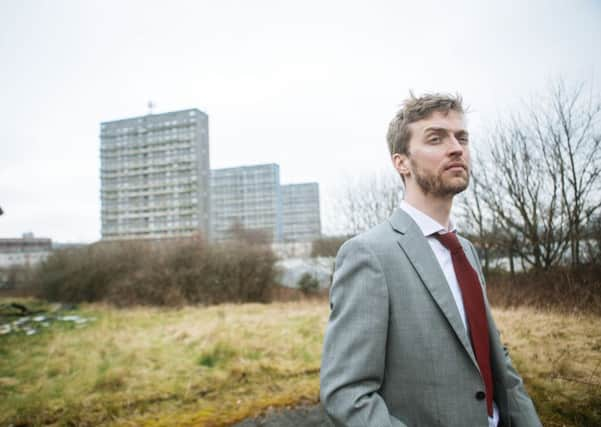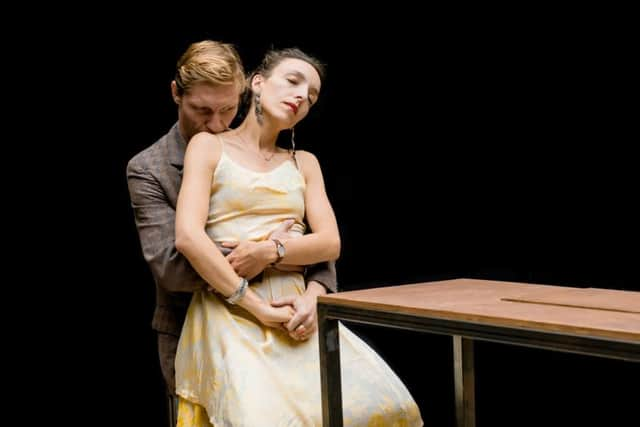Theatre review: Heads up; World Without Us


Edinburgh during the festivals is, by and large, a place of privilege, full of people enjoying relatively comfortable lives. So it’s perhaps telling that this year, a sense of the fragility and transience of our life on earth, and of the day-to-day beauty and comfort some of us are lucky enough to experience, surfaces in show after show around the Festival and Fringe.
And now, at Summerhall, both fine Scottish writer and performer Kieran Hurley, and acclaimed Belgian group Ontroerend Goed, offer new shows that deal directly with the idea of the end of our world, which sometimes now seems so imminent.
Advertisement
Hide AdAdvertisement
Hide AdHurley’s Heads Up is a blazing hour-long solo poem, performed by Hurley himself while he alsoDJs the accompanying sound by Michael John McCarthy, in which he imagines the coming of the end of the world in a city something like Edinburgh, through the eyes of a series of characters who range from a woman “futures” dealer, to a crazed and silly pop-star, desperate for the next ecological cause to take up on Twitter. As a vision of the end of days – an invitation to us to lift our heads, to look beyond the everyday and to see what might be ahead of us – Hurley’s show is urgent, compelling and beautifully written.


As a swift survey of our world as it is today, it has a harshly lit brilliance that fairly takes the breath away and confirms Hurley’s status as one of the most powerful writers to emerge in British theatre this decade.
Upstairs in the Main Hall, meanwhile, Ontroerend Goed also offer a monologue, World Without Us, a brilliant visionary poem – delivered by the great Belgian performer Valentijn Dhaenens – that dwells not on the detail of our last days, but on the idea of a world from which human beings have suddenly vanished. Even the theatre space in which we sit gradually cools into millennia of silence and post-human decay, as all our phones and laptops subside into silence, and – over centuries – buildings begin to fall, and the world to return to a rich if strangely mutated place patrolled by beasts and towering vegetation.
Some have experienced this show as a kind of wishful dream of a world no longer troubled by humanity’s destructive presence. To me, though, it seems more like a profound, moving elegy for consciousness itself, the daily miracle of perception and retelling through which we live. The show ends with a reflection on the Voyager probe – sent out into the deep universe 40 years ago – the one human artefact which may outlive the planet itself. A small, fragmented message from a transient and often foolish species which we should nonetheless cherish, as the point of awareness – the only one we yet know – that can witness its own story, and continue, to the end, to try to make sense of it.